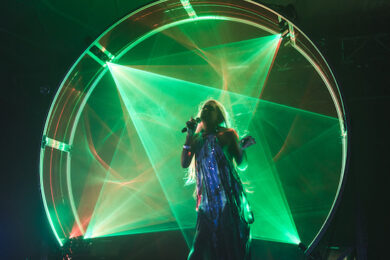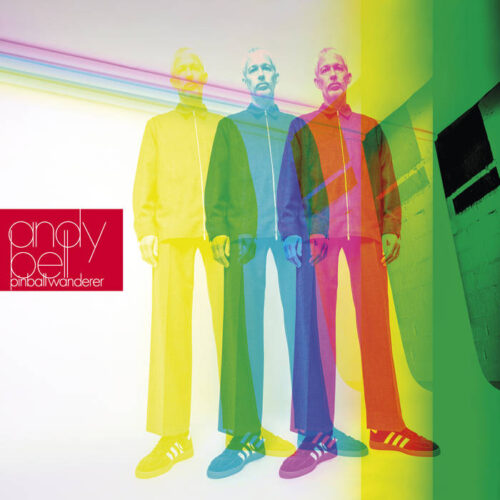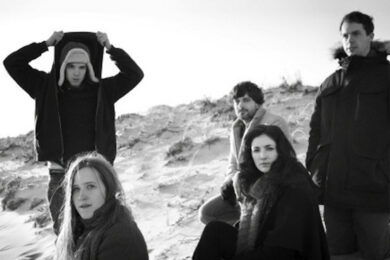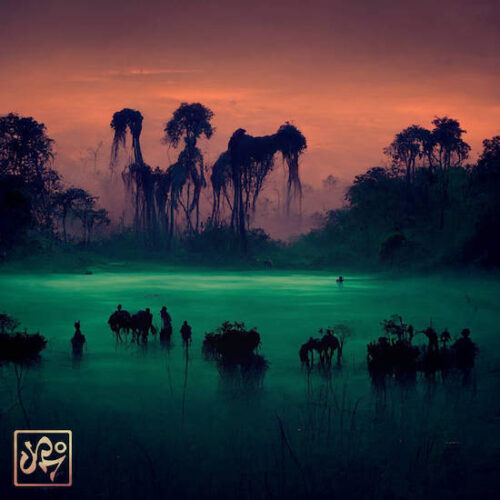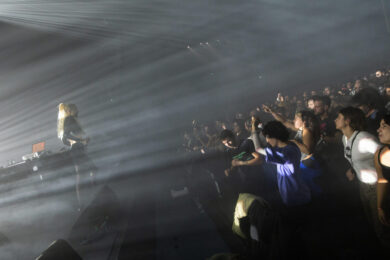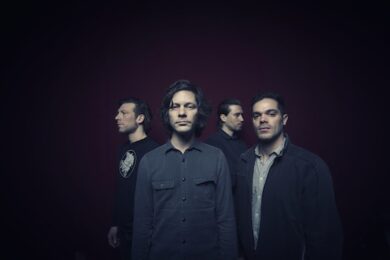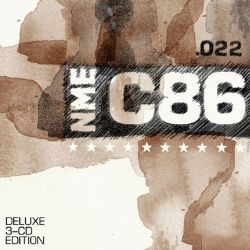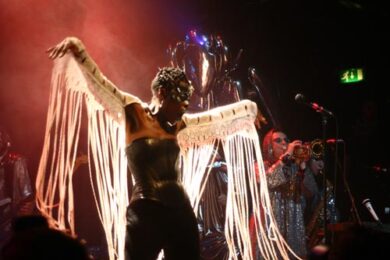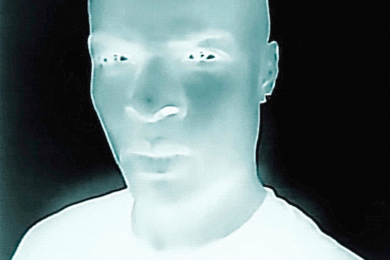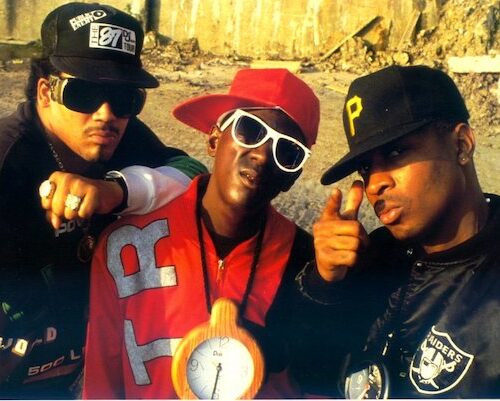To listen to Siouxsie And The Banshees’ last four studio albums – here given the extended re-master treatment – is to be reminded that even towards the end the band was capable of delivering delightfully skewed pop music, albeit with diminishing returns. And make no mistake, Siouxsie And The Banshees really were a fine pop band in the widest sense of the concept, shrouded as they were in an otherwordly imagery that offered a myriad of sensibilities, attitudes and fashions far away from the stifling dullness of suburban existence. This is hardly surprising really, given that mainstays Siouxsie Sioux and Steven Severin were born in the late 50s and ripe for plucking at the point where Roxy Music, Marc Bolan and David Bowie were subverting the charts with their unique brand of androgyny and innate pop sensibility.
Indeed, like Bowie’s Pin Ups or Bryan Ferry’s These Foolish Things albums, Through The Looking Glass found Siouxsie And The Banshees returning to the fray less than 12 months after the release of 1986’s Tinderbox with an album of covers. The best covers albums – see Nick Cave And The Bad Seeds’ Kicking Against The Pricks – are those that breath new life into existing material while turning on a new generation of listeners to music that may not have shown up on their radars. In this respect, Through The Looking Glass is an intermittent success. The Banshees’ reading of Sparks’ ‘This Town Ain’t Big Enough For The Both Of Us’ lacks the wide-eyed mania of the original and Iggy Pop’s ‘The Passenger’ is too well known and perfectly crafted to be viewed from another angle but when the covers do work then they really hit home. Kraftwerks’ ‘Hall Of Mirrors’ is given a wide-screen treatment, ‘Trust In Me’ from Disney’s The Jungle Book perfectly suits Siouxsie’s sultry voice, while the horror of Billie Holiday’s ‘Strange Fruit’ is brought vividly to life.
1988’s Peepshow is the last great Banshees album and their best since A Kiss In The Dreamhouse. Following the departure of guitarist John Curruthers, the band expanded for the first time into a quintet and the resulting album is a cornucopia of sound, ideas and vivid imagination. Lead-off single ‘Peek-A-Boo’, with its studio mastery of effects, twisted rhythms, samples and the unexpected appearance of an accordion, displayed that the Banshees were far from being a spent force. While songs such as ‘Carousel’ found the band delving into the darkness with characteristic menace, the album also paused for moments of unbridled fun as with the near hoedown of ‘Burn-Up’. Drummer Budgie’s work is immense throughout and ‘The Last Beat Of My Heart’, a superb meshing of the band’s rock and pop abilities, ranks among the very best tracks that the band caught for posterity.
Superstition followed after a three-year hiatus and found the band, somewhat bizarrely, teaming up with producer Stephen Hague (Pet Shop Boys, New Order) and his synthpop touches are evident throughout. This is a sleek affair, to be sure, but not one without its charms. ‘Kiss Them For Me’ features what is probably Sioux’s finest-ever vocal performance and the song’s streamlined and glittering features helped propel the single into the US Billboard charts for the first time in their lengthy career. As with ‘Cry’ and ‘Drifter’ there are flashes of the old Banshees but in the main, Superstition is daubed with Hague’s fingerprints. However, as evidenced on the bouncing ‘Silver Waterfalls’, there are moments when the band and producer’s ideas coalesce to create something quite special.
The Rapture proved to be their swansong and remains a far from fitting epitaph. Grasping at ideas yet letting them slip through their fingers, their meeting with John Cale yielded nothing that stands up to what went on before to create an insubstantial release.
The chances of any of these albums replacing say, Juju or Kaleidoscope, in your affections are slim at best, but they certainly contain enough material that’s worthy of re-acquaintance and revisits and, in the case of Peepshow, a whole album’s worth. They bring the recorded story of Siouxsie And The Banshees to a close, and in doing so confirm the band’s status as one of the most unique outfits to have emerged from the punk scene.


